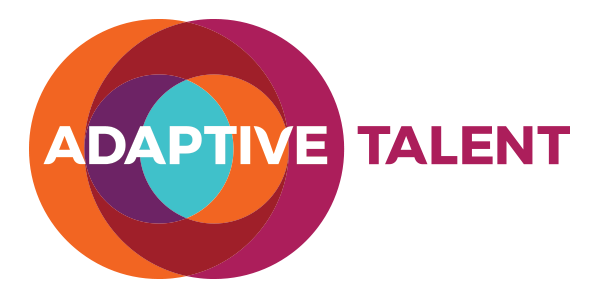Author’s 2021 update: This post was written in 2011 earlier in the data-driven nature of business. It’s remarkable to read it now and reflect how profoundly we’ve advanced in our use and misuse of data and machine learning.
Our society is generating massive amounts of data, and it’s obvious that it’ll be producing geometrically more as literally everything is embedded with chips and transmitters. Integrating that data to produce insights is something every business needs to prepare for now, both from a skills perspective but also an infrastructure and process perspective so that organizations are proactively designing, harvesting, learning, and applying insights rapidly.
Forbes has an interesting interview with LinkedIn’s Chief Data Scientist that does a nice job of highlighting the job family, and how to start integrating this important skill to your organization. A few key points:
“If you look at a lot of jobs, there is certain expertise required to be successful at that job. With a data scientist, there is so much focus on it because it’s a valuable but odd set of skills. What are the essential skills of a data scientist, and why is it hard to find them in one person? We can start with technical skills. Those are a must. You have to have the programming skills and the ability to manipulate the data effectively. You have to learn or know how to answer data questions quickly. But, what makes a good scientist great is creativity with data, skepticism and good communication skills. Getting all of that together in the same person is difficult – because traditionally, people different people follow different paths in their careers – some are more technical, others are more creative and communicative. A data scientist has to have both.
I’ve also heard that data science is a kind of three-legged stool of skills: software development skills to clean data, plus statistical modeling skills, so you can create models to understand it, plus empathy for the business or organizational problem at hand. In other words, you need to identify the questions that are important to answer. What is your advice for people who will be data scientists and want to develop that empathy for business? Listening to what the business needs and being aware of what the business needs and what it’s trying to accomplish gets you a long way there. Not being isolated from the business gets you to that empathy. That is where communication skills come in; you have to be able to explain what you found, in terms that will be easy for people to understand. You have to tell that story and broadcast the lessons learned so that people understand in the broader business. That’s an essential skill. This is why you see more visualization, infographics, and other tools making data more digestible for the non-technical person. From the other side, data scientists are most effective when data and data-informed decisions are actually a priority for the organization. It needs to come from both sides, and bridge that gap, to get useful insights from the data.”
—
Adaptive Talent is a talent consultancy designed to help organizations achieve amazing results and ongoing adaptability. Founded in 2008 and based in Vancouver, Canada we offer retained search, assessments, total rewards consulting, training, leadership coaching and development programs, and culture & organizational development consulting.

